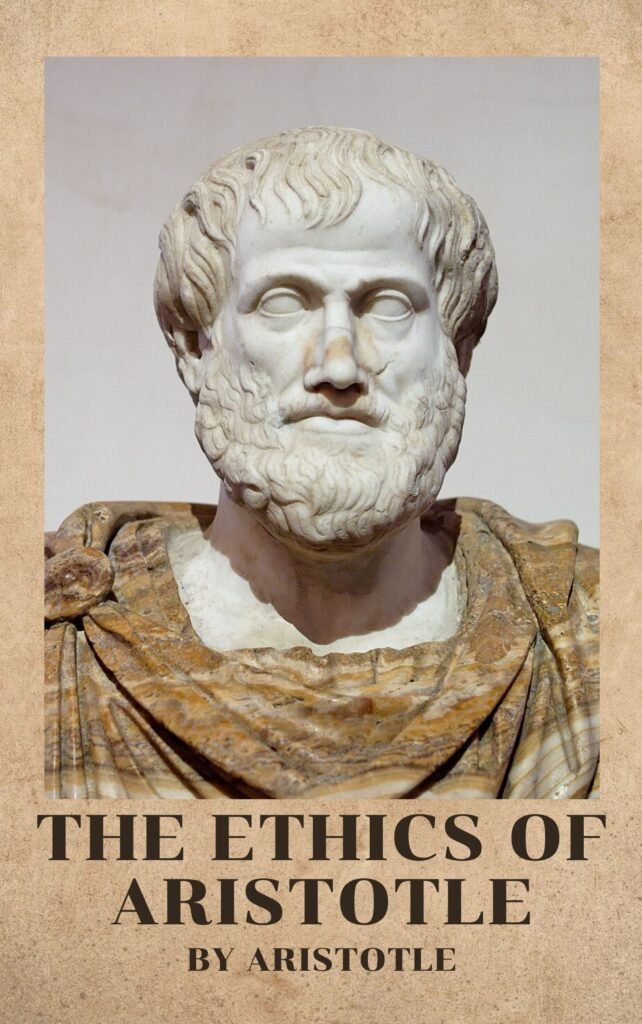
“The Ethics of Aristotle” is a cornerstone of philosophical thought, written in the 4th century BC. In this seminal work, Aristotle explores the foundations of moral philosophy, examining virtue, character, and the ultimate goal of human life—happiness. He argues that all human actions aim toward some form of good, with true fulfillment found in a life of virtue shaped by reason and habit.
Closely connected to his political philosophy, Aristotle’s ethical insights extend beyond individual behavior to society as a whole. He evaluates different approaches to happiness, from the pursuit of pleasure to honor and contemplation, offering a critical perspective on what it truly means to live well. Through systematic inquiry, he establishes a framework for understanding moral virtues and their role in achieving a meaningful and flourishing life.
- Pages: 227
- Published: 4th century BC
- Author: Aristotle
Mahatma Gandhi Quote
"Live as if you were to die tomorrow. Learn as if you were to live forever."
Mahatma Gandhi




